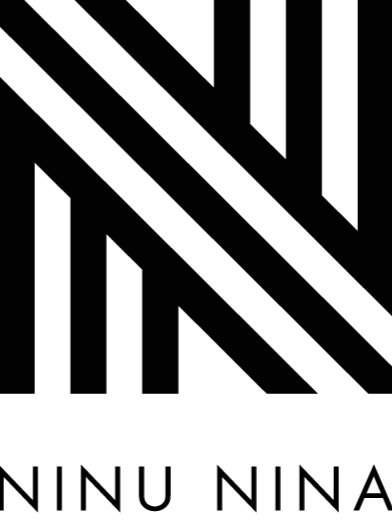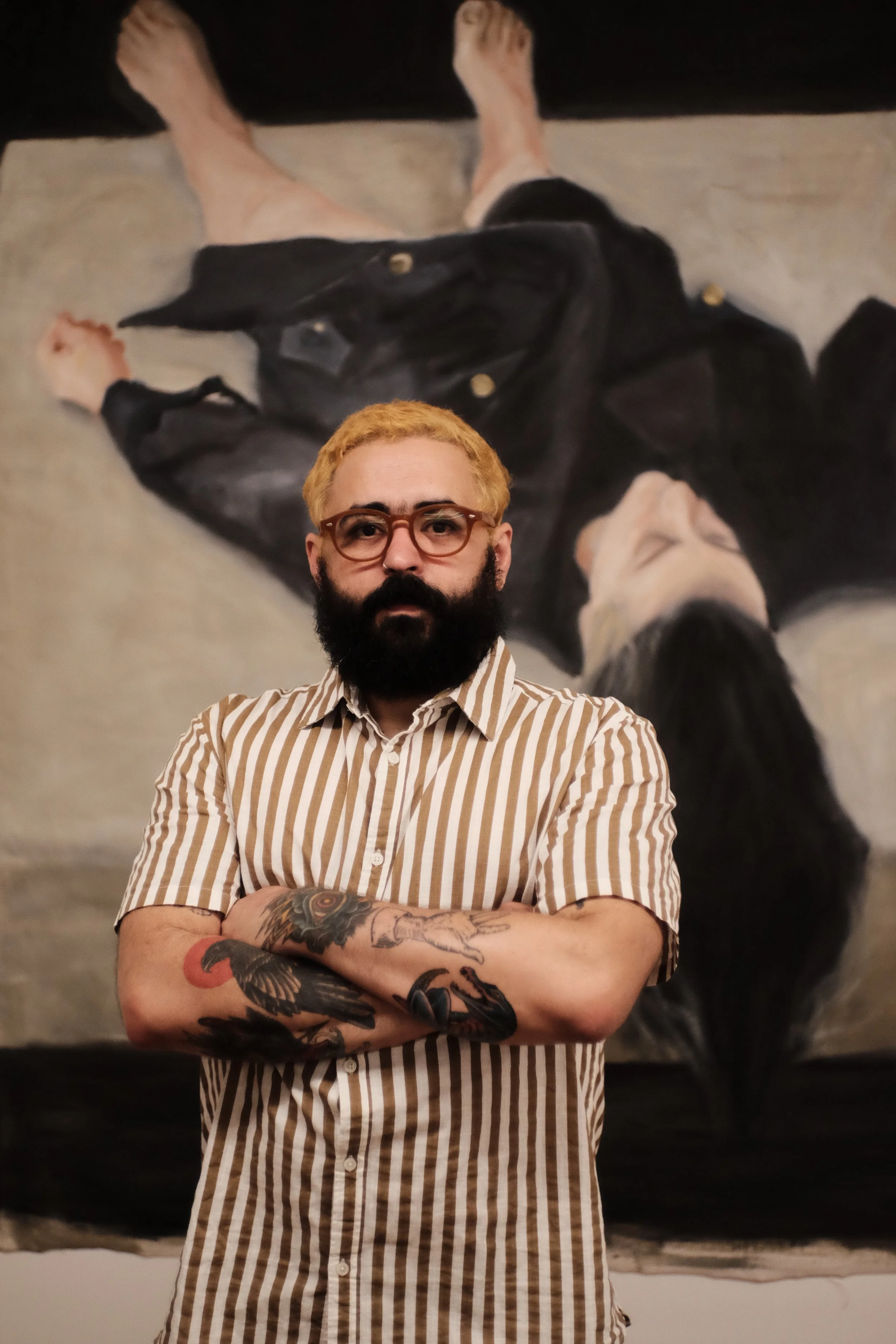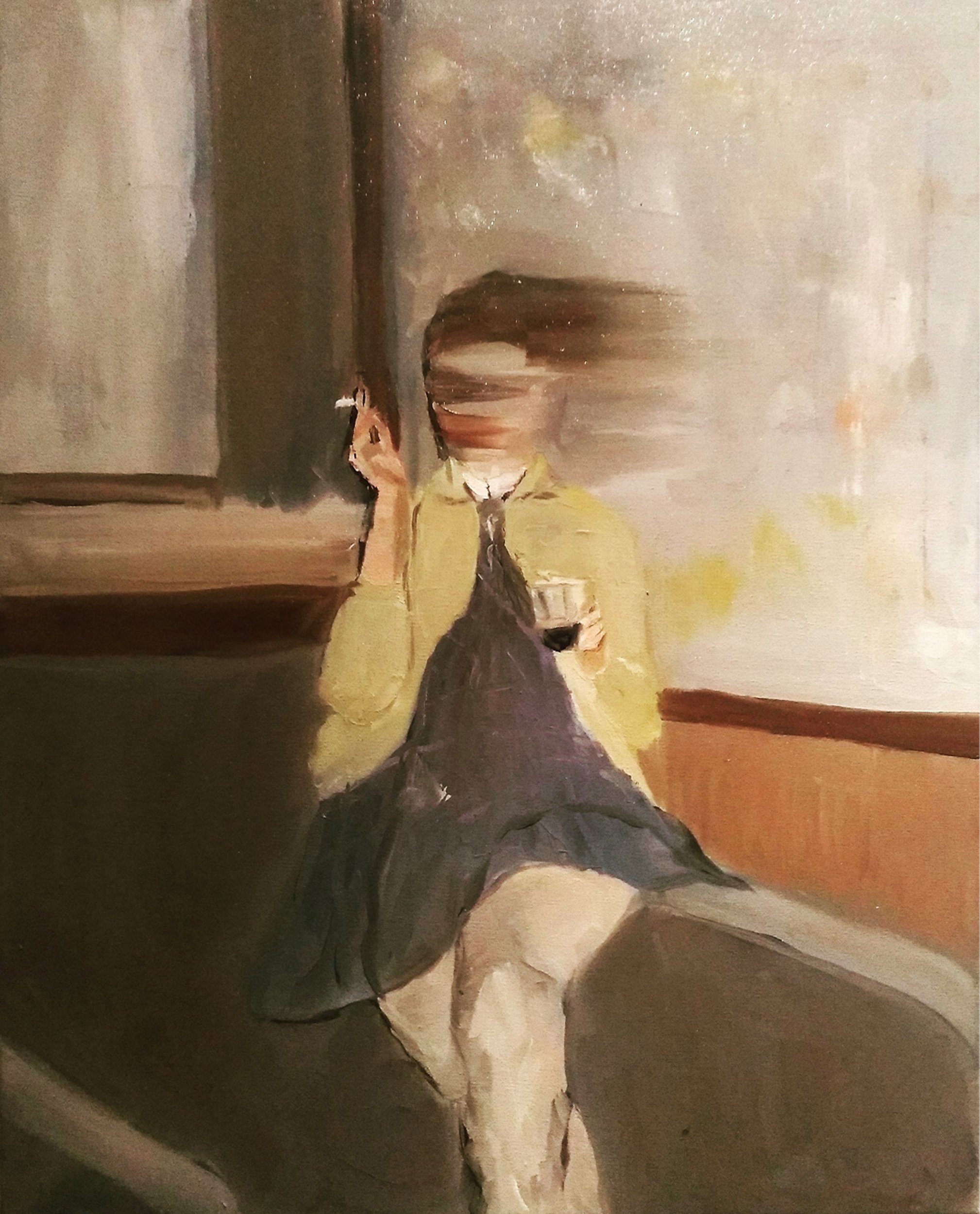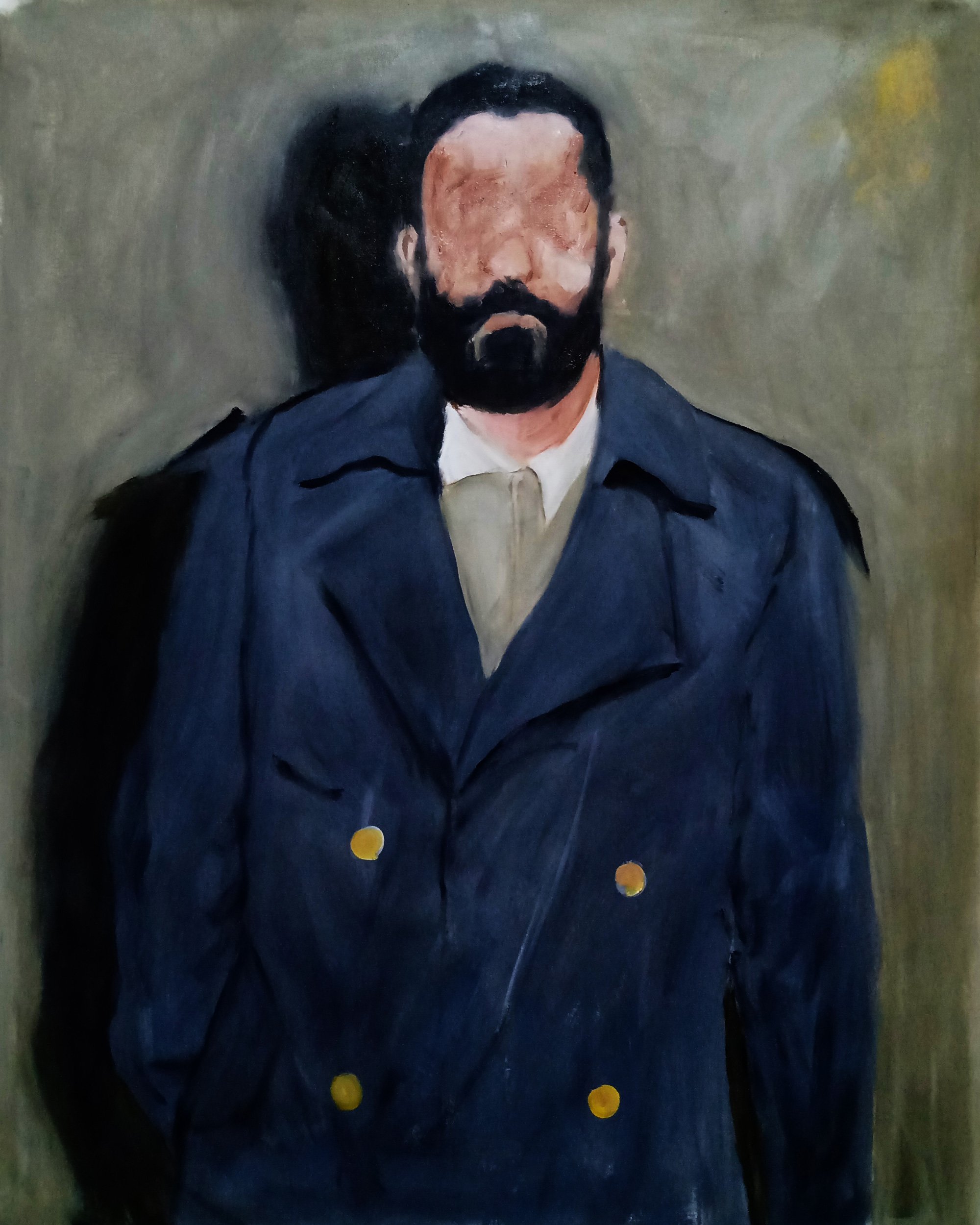Canvas Chronicles: Juliano Mazzuchini's Artistic Odyssey through Streets, Stories, and Silent Gestures
Born in 1981 in Jacareí, São Paulo, Brazil, Juliano Mazzuchini is not just a painter; he is a storyteller on canvas. Having delved into the world of theater at ELT - Escola Livre de Teatro de Santo André, São Paulo, Juliano's journey as a self-taught artist has been a vibrant exploration of life's intricate narratives. His canvas extends beyond geographical borders, with Buenos Aires, Argentina, becoming both his muse and his studio since 2018.
In 2023, the world glimpsed the kaleidoscope of Juliano's artistic expression in a solo exhibition at Martha Pagy Escritorio de Arte in Rio De Janeiro. The following year, his creations found a home in the prestigious MACSUR – Museu de Arte Contemporáneo de Lanus, Argentina. But Juliano's artistic odyssey didn't begin with grand showcases; it started with the raw, unfiltered inspiration drawn from the streets and conversations with friends. When asked about his greatest inspiration, Juliano points to the everyday people around him, navigating life's labyrinth. "Walking on the streets, seeing people, talking about life—all this stuff influences me a lot," he reflects. His artistic palette is rich with the hues of human experiences, shaped by the myriad personalities that inspire him, from the nuanced strokes of Gerhard Richter to the timeless elegance of old masters like Rembrandt and Caravaggio.
Juliano's creative process is a fascinating interplay of diverse influences. Rooted in his background in theater and intertwined with the lens of photography, his paintings emerge as stories captured in a single frame. Photographs serve not only as visual muses but as blueprints for the unfolding narrative on canvas. His artistic alchemy combines the essence of theater's gestural exploration, where the body becomes the brush, with the storytelling power of photography.
"I paint what the gesture communicates, that which is not spoken but physically executed," Juliano explains. His canvases become a stage where actions speak louder than words, a reflection of his fascination with the materiality of painting as a language. Beyond being a mere observer, Juliano immerses himself in the pulse of the world—capturing the spirit of Argentina's challenges, the global tapestry of human rights violations, and the silent struggles of indigenous communities.
In a world inundated with pamphlets and narratives, Juliano's work is a mirror reflecting the zeitgeist—a contemplative journey through the unspoken layers of our existence. His paintings, like silent actors on a stage, convey the essence of an era, transcending verbal expression to embody the universal language of action.
What does well-being mean to you?
Well-being to me means equal rights and social justice. I'm a painter and this sounds sometimes like a privilege but shouldn't be, but being a painter I fortunately have a well-being doing this.
Every human being should be able to explore expression ways and not just work, in the better cases, 8 hours per day and go to their house exhausted and without time to engage with one's own subjectivity and perhaps, from that, turn it into poetry.
It should be unacceptable for 5 billionaires to double their fortunes as they did during COVID-19, while 5 billion become poorer. Billionaires shouldn't even exist because, for the well-being of billionaires, billions of other people must necessarily be in poverty.
How do you feel about the role technology plays in the art world?
I believe that technology has played a significant role in the art world for a long time, such as Vermeer's use of the camera obscura in the 17th century and its development leading to the invention of photography.
I don't think technologies like AI will replace the artist, but I think there should be more regulation to ensure ethical practices, as every aesthetic proposition implies ethics.
Anything else you would like to share?
I think art can be useful, but I don't think art must be useful. Art doesn't have to serve an agenda or an ideology. On the other hand, the artist does need to take a stand in the world, especially against the violation of human rights, social injustice, etc.
There's a quote by a Brazilian poet called Ferreira Gular who says: "Art exists because life is not enough". Life, as it is now, is not enough.”





